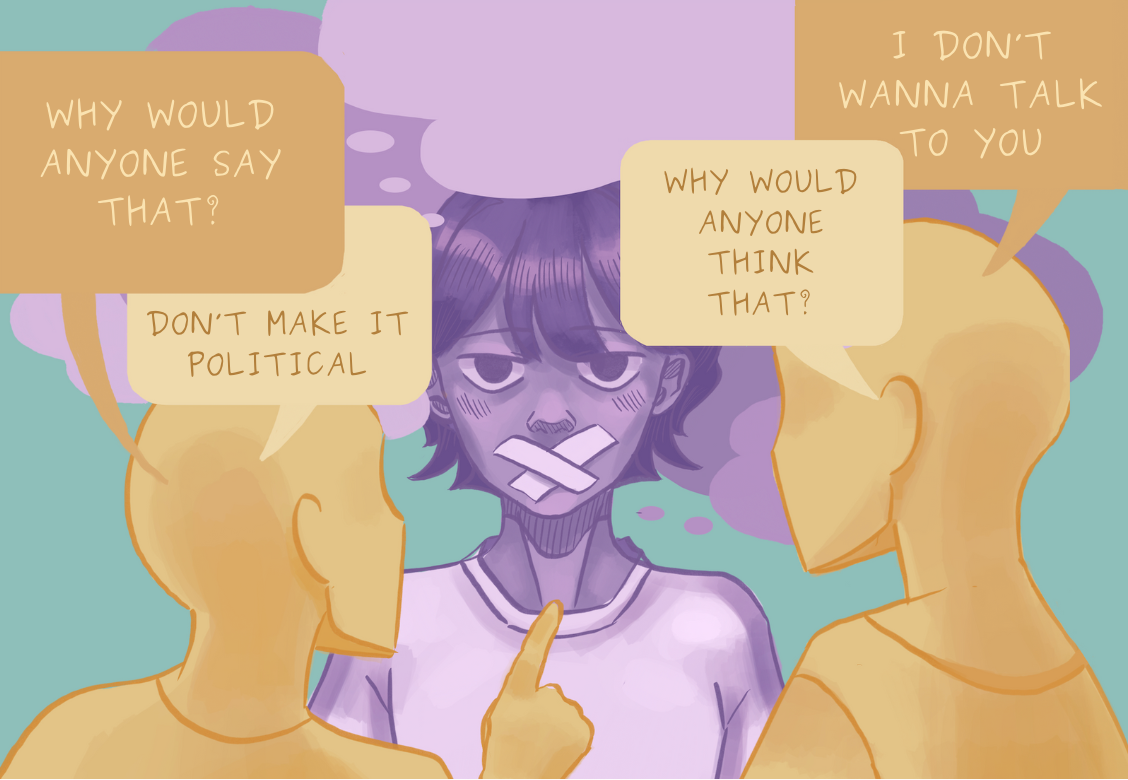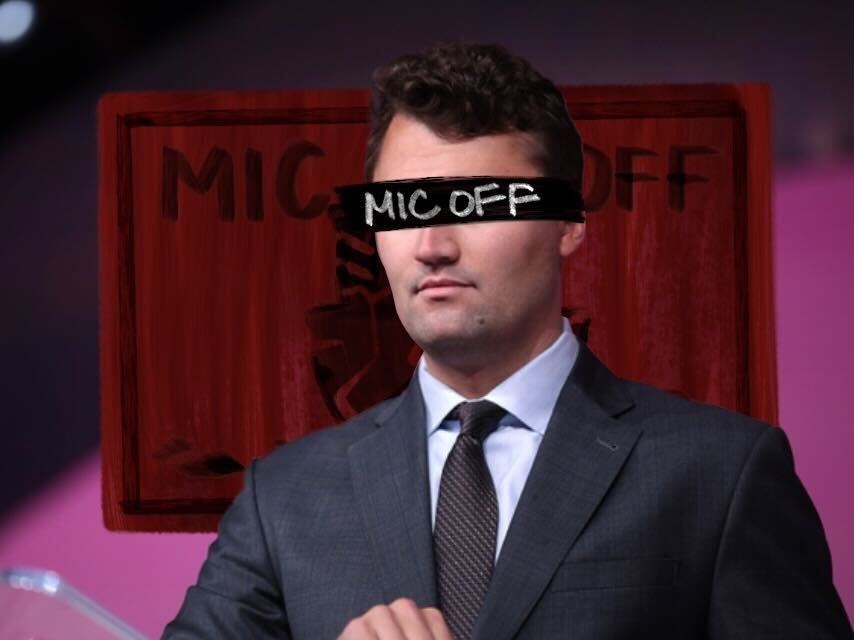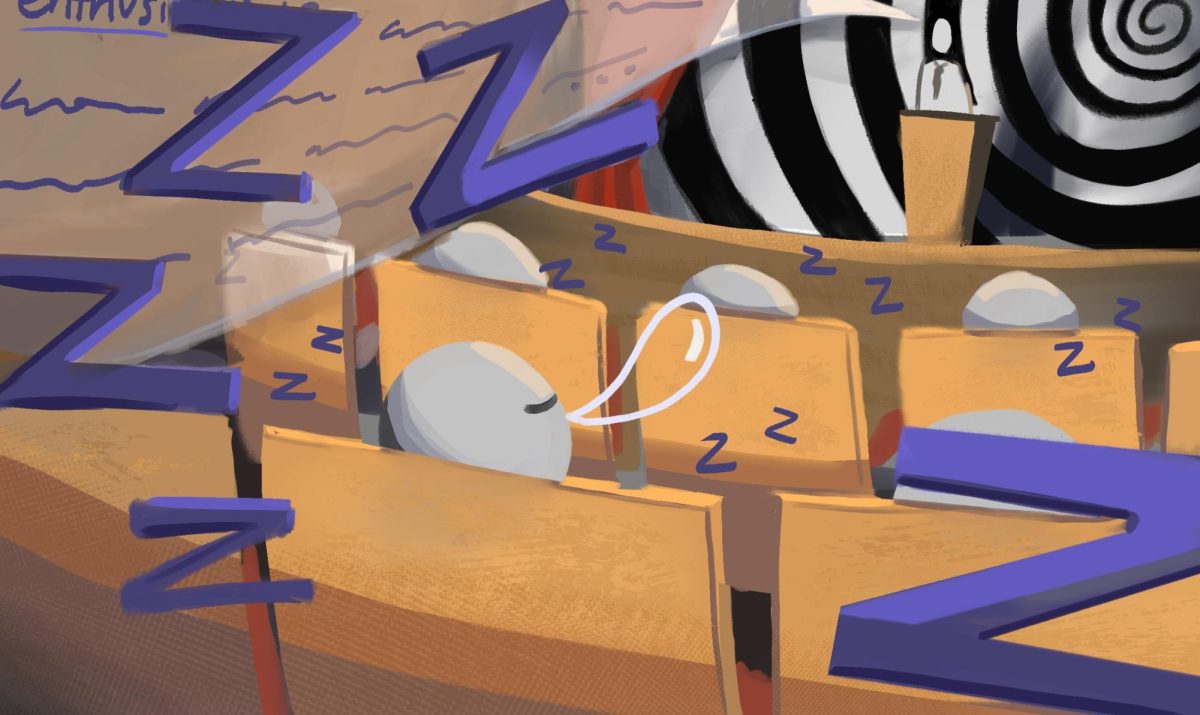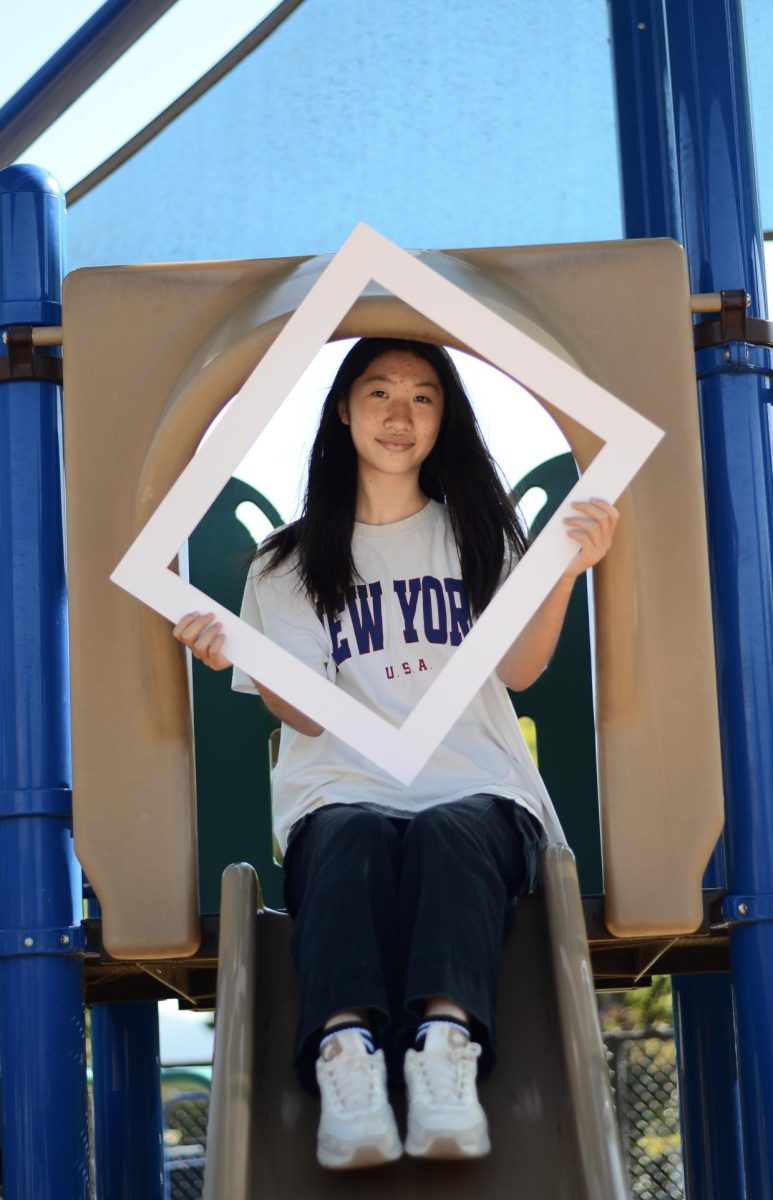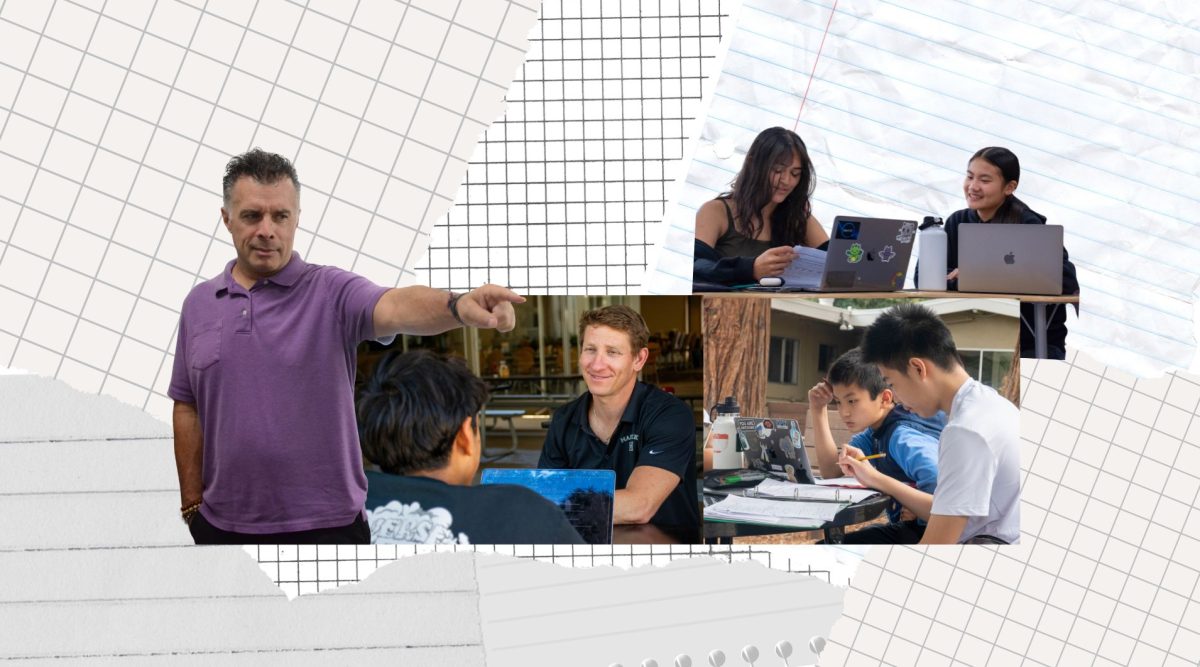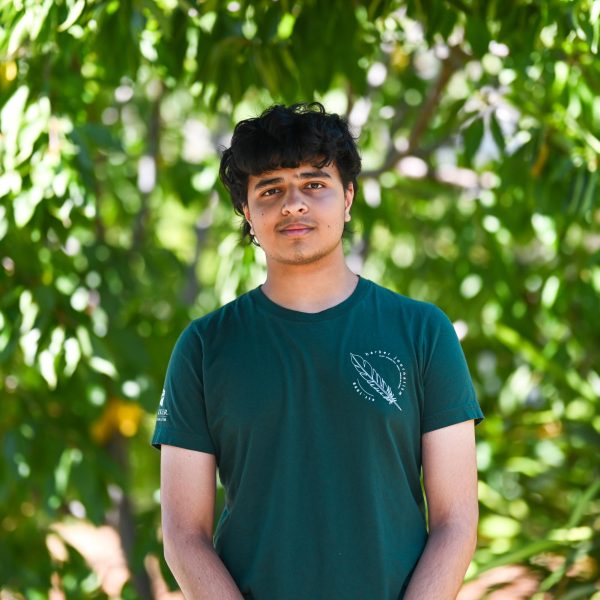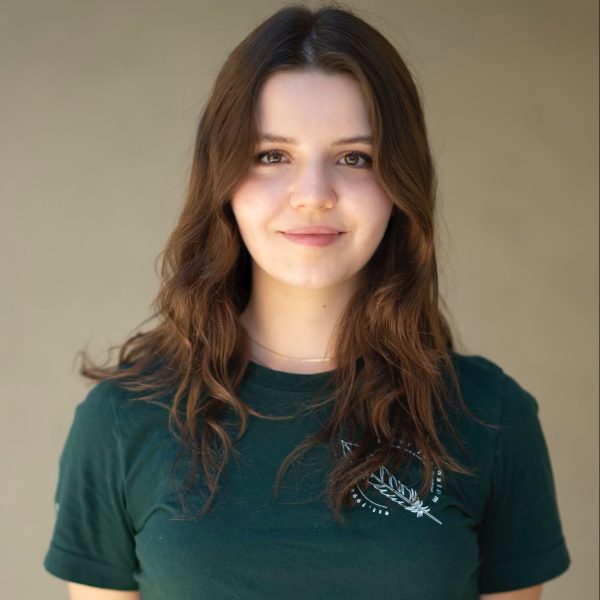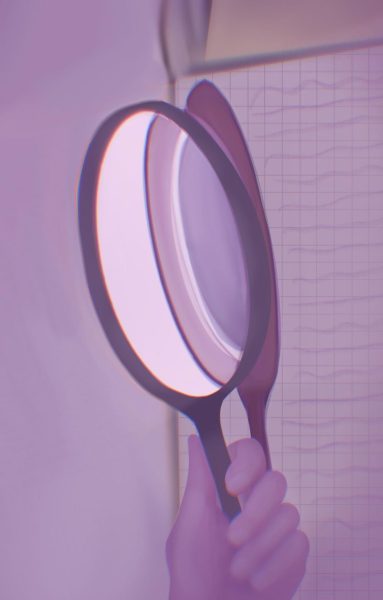
Science, long held as the epitome of truth and objectivity, is facing an integrity crisis, with a growing number of retractions calling into question the reliability of published research and shaking the foundations of trust upon which science is built.
Science’s reputation hinges on the fact that it is perceived as objective. The entire scientific method is based on a system in which everyone involved seeks the truth as opposed to flashy headlines.
While science as a branch of knowledge is exact and objective, those who practice it are far more fallible. The human element is not just a side effect but a crucial component of scientific progress. Without the unique insights and creative thinking of researchers, there would be no innovation or discovery. The scientific method cannot yet be carried out by machines and algorithms, but that also means that imperfections and biases will be present.
Problems arise when researchers don’t find the results they are looking for. The scientific method would suggest that they should report a non-result and continue investigating the topic. However, scientific publications are often far less likely to publish “null” findings, meaning that fabricating results becomes a tempting option. Furthermore, tenure-track researchers often have a “publish or perish” mentality due to career progression and funding being tied to output, further incentivizing data misrepresentation.
One case that shows how twisted and inaccurate data can deeply impact the world is Andrew Wakefield’s notorious retracted paper linking the measles, mumps and rubella vaccine to autism in children. This paper led to widespread chaos as it shook the public’s trust in vaccines and the larger medical establishment.
Admittedly, Wakefield’s paper represents a rather extreme version of what can happen — most fraudulent publications are problematic to a lesser degree and have less of a direct impact on public health and safety. However, paper retractions in any field, from algebraic topology to zoology, diminish public confidence in science. With movements denying the causes of climate change and questioning the value of vaccinations, we must take a strong stance against academic impropriety of any variety.
Although we hold up academic institutions as paragons of scholarship, the people within are still imperfect and susceptible to their worst impulses. Shifting a few numbers over to support a hypothesis might seem relatively harmless — after all, who would notice? Nevertheless, such an attitude has brought us to the precarious situation we find ourselves in today, and only a focus on preserving the integrity that many claim to value will get us out.
Academic institutions must also enforce ethical standards that include consequences for misconstruing data. There are some positive signs in this direction, as prominent researchers like Stanford’s Marc Tessier-Lavigne have been punished following investigations into suspect findings.
Requiring replication studies to take place prior to publication is a promising way to preemptively hold back dubious papers. Currently, verification studies are difficult to publish, and they only happen after research is disseminated, leaving time for misinformation to spread. However, a more active approach to ensuring the veracity of research has the potential to dramatically reduce the likelihood of fraudulent findings spreading. Prior investigations into this indicate that pre-publication independent replication can result in greater informational value while also mitigating the aforementioned possibility of scientific misconduct.
Ultimately, the issue of integrity in science is generally symptomatic of a skewed system of incentives as opposed to actual malice on the part of scientists. Integrity and truth should come before personal gain or fame as discoveries and innovations shape our world. Future researchers won’t be able to build on our findings and further advance society if scientists today establish shaky foundations.




![LALC Vice President of External Affairs Raeanne Li (11) explains the International Phonetic Alphabet to attendees. "We decided to have more fun topics this year instead of just talking about the same things every year so our older members can also [enjoy],” Raeanne said.](https://harkeraquila.com/wp-content/uploads/2025/10/DSC_4627-1200x795.jpg)


















![“[Building nerf blasters] became this outlet of creativity for me that hasn't been matched by anything else. The process [of] making a build complete to your desire is such a painstakingly difficult process, but I've had to learn from [the skills needed from] soldering to proper painting. There's so many different options for everything, if you think about it, it exists. The best part is [that] if it doesn't exist, you can build it yourself," Ishaan Parate said.](https://harkeraquila.com/wp-content/uploads/2022/08/DSC_8149-900x604.jpg)




![“When I came into high school, I was ready to be a follower. But DECA was a game changer for me. It helped me overcome my fear of public speaking, and it's played such a major role in who I've become today. To be able to successfully lead a chapter of 150 students, an officer team and be one of the upperclassmen I once really admired is something I'm [really] proud of,” Anvitha Tummala ('21) said.](https://harkeraquila.com/wp-content/uploads/2021/07/Screen-Shot-2021-07-25-at-9.50.05-AM-900x594.png)







![“I think getting up in the morning and having a sense of purpose [is exciting]. I think without a certain amount of drive, life is kind of obsolete and mundane, and I think having that every single day is what makes each day unique and kind of makes life exciting,” Neymika Jain (12) said.](https://harkeraquila.com/wp-content/uploads/2017/06/Screen-Shot-2017-06-03-at-4.54.16-PM.png)








![“My slogan is ‘slow feet, don’t eat, and I’m hungry.’ You need to run fast to get where you are–you aren't going to get those championships if you aren't fast,” Angel Cervantes (12) said. “I want to do well in school on my tests and in track and win championships for my team. I live by that, [and] I can do that anywhere: in the classroom or on the field.”](https://harkeraquila.com/wp-content/uploads/2018/06/DSC5146-900x601.jpg)
![“[Volleyball has] taught me how to fall correctly, and another thing it taught is that you don’t have to be the best at something to be good at it. If you just hit the ball in a smart way, then it still scores points and you’re good at it. You could be a background player and still make a much bigger impact on the team than you would think,” Anya Gert (’20) said.](https://harkeraquila.com/wp-content/uploads/2020/06/AnnaGert_JinTuan_HoHPhotoEdited-600x900.jpeg)

![“I'm not nearly there yet, but [my confidence has] definitely been getting better since I was pretty shy and timid coming into Harker my freshman year. I know that there's a lot of people that are really confident in what they do, and I really admire them. Everyone's so driven and that has really pushed me to kind of try to find my own place in high school and be more confident,” Alyssa Huang (’20) said.](https://harkeraquila.com/wp-content/uploads/2020/06/AlyssaHuang_EmilyChen_HoHPhoto-900x749.jpeg)



